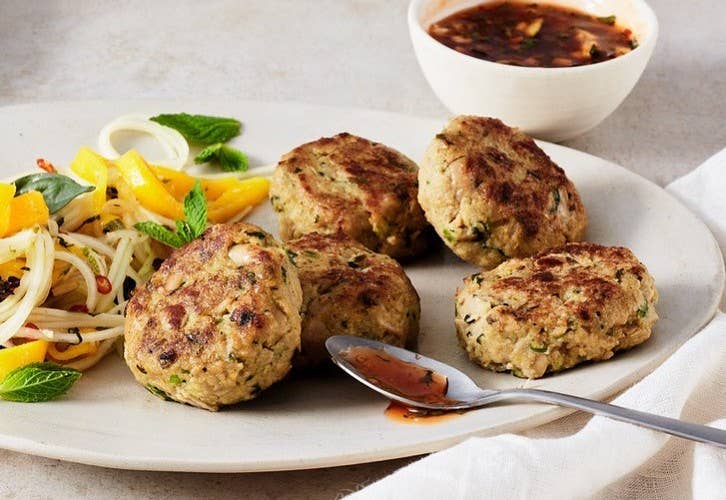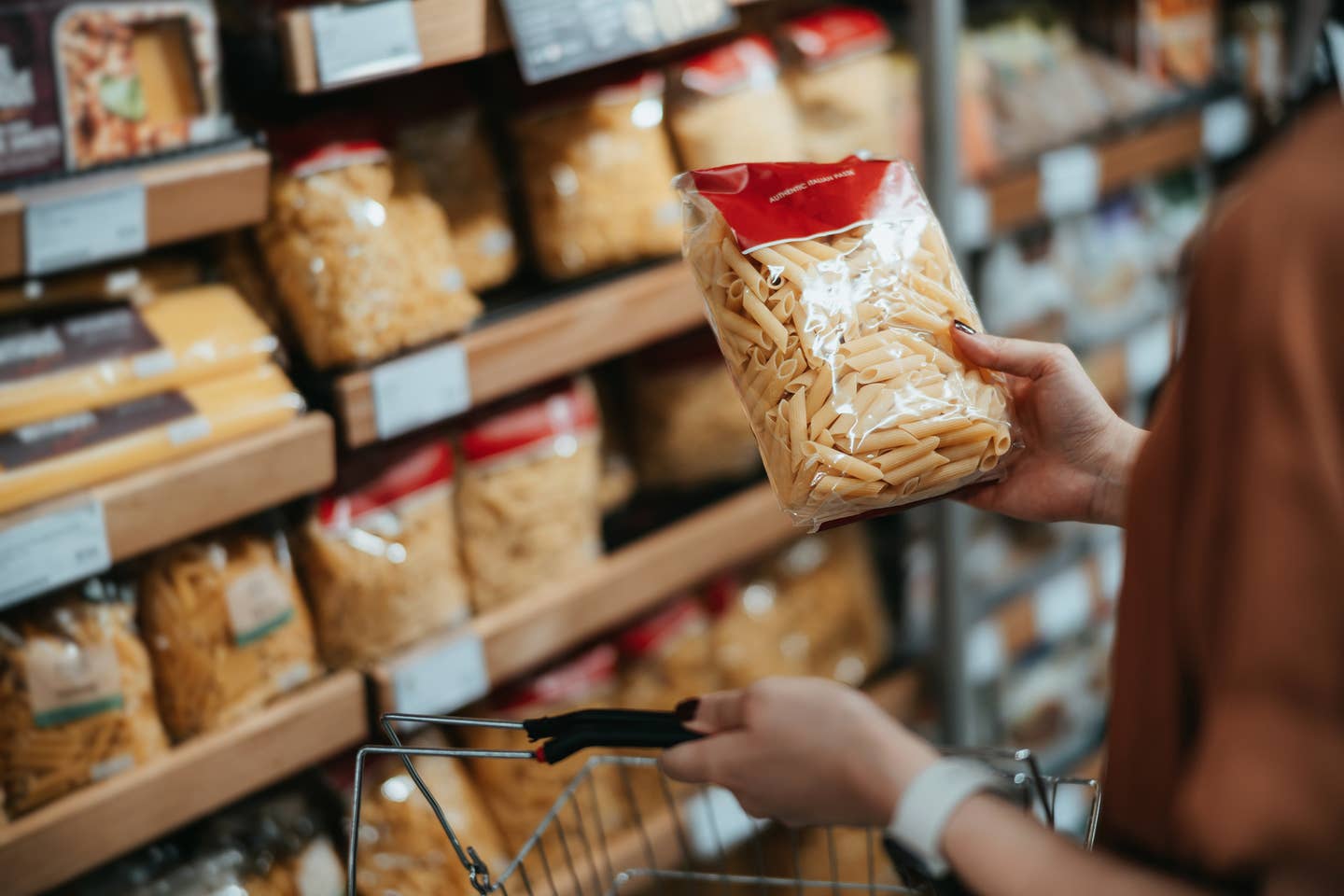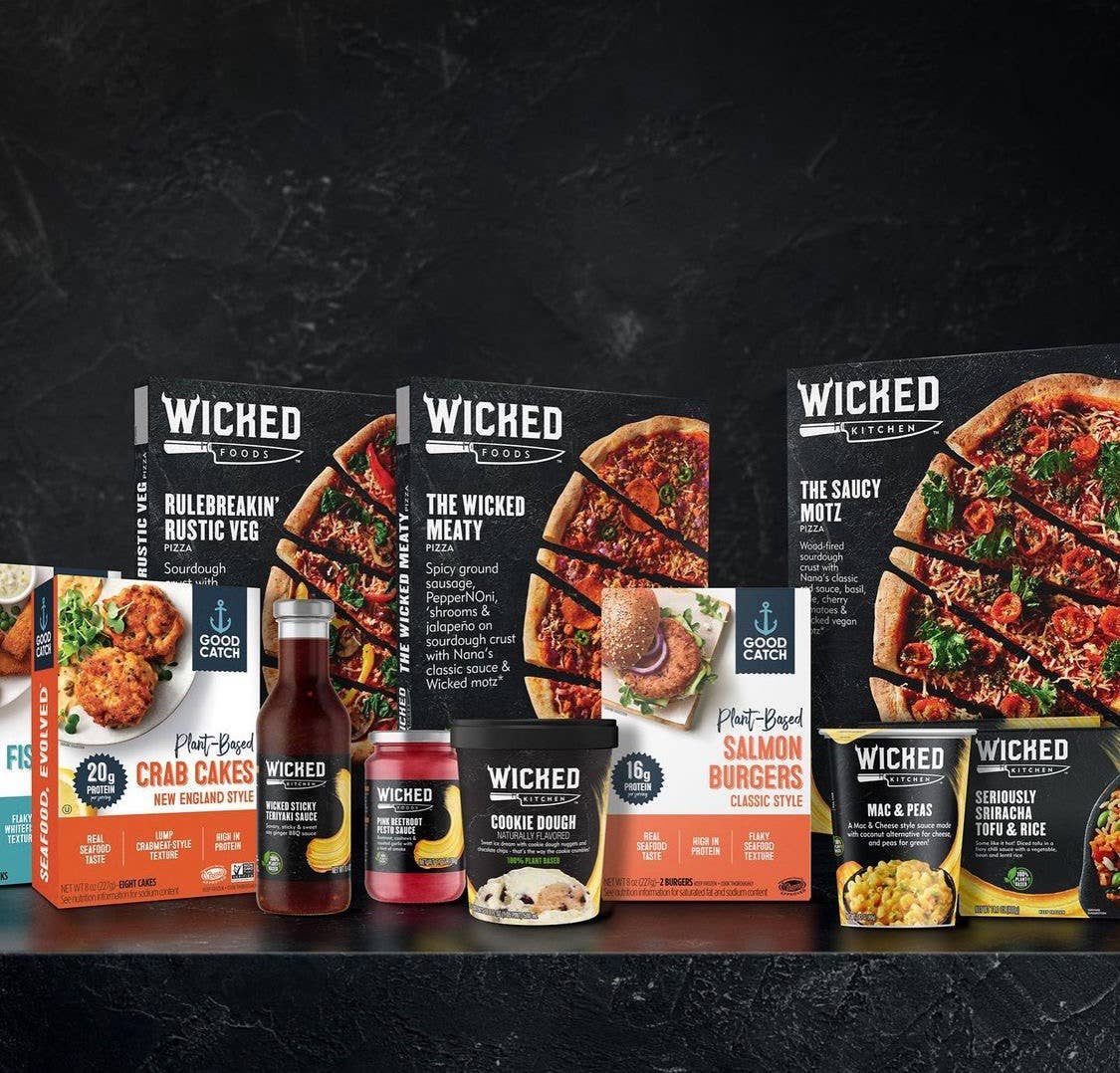
Plant-Based Frozen Foods Are Hotter and Healthier Than Ever
With 1 in 4 consumers (23 percent of Americans) reporting that they are eating more plant-based food since the coronavirus showed up, it was inevitable that the marketplace would respond with a new crop of healthy vegan offerings right in the freezer section, that make it easier than ever to eat healthy, plant-based foods for dinner.
Even before the COVID-19 food buying habits shifted consumers to plant-based products, data commissioned by The Good Food Institute showed that U.S. sales of plant-based foods grew 31%, according to a recent Forbes story. Plant-based foods grew in the first half of 2020 as meat sales declined for the first time in six years, according to a report from the Plant Based Foods Association.
The immense shift in eating habits continues to grow and every day we learn of elite athletes, celebrities, and even our own personal friends who have ditched meat, or gone plant-based or vegan this year. Fueled in part by the pandemic, as well as mounting research that shows a diet rich in plant-based foods is healthier for your heart, lowering your risk of cardiovascular disease, diabetes, and obesity, this seismic shift in the American diet toward more plant-based eating shows no signs of abating. Brands have launched new meat alternatives, all-in-one meals, side dishes, non-dairy ice cream and a whole variety of frozen foods, timed perfectly to arrive at your grocery store at the moment consumers need them the most.
Health Conscious, Plant-Forward Frozen Meals
In what has been a dramatic evolution of frozen-food offerings, the newest launches offer clean, plant-based ingredients, non-GMO labels, and eco-friendly packaging. Plant-first brands are proving that you can have it all with frozen meals; they can be healthy, taste good, and even aid in making a meat-to-plant-based shift.
Matthew Kenney, a celebrity chef who owns over 30 plant-based restaurants around the U.S., is an example of a brand using restaurant-quality ingredients as inspiration for healthy frozen dinner offerings. His recently launched frozen food brand, PlantMade, includes vegan and gluten-free tray meals like Chickpea Curry and Jackfruit Enchiladas, plus other quick-heat options with less than 5mg of cholesterol, a minimal ingredient list and less than 400 calories.
Alpha Foods, a stealthy but fast-growing frozen-food maker has gained traction with its heat-and-eat vegan burritos, pizzas, and a plethora of meat replacements that can serve as a staple for a quick-cook meal. They're famous for their vegan chicken that tastes like real.
Another trustworthy ultra-clean bourgeoning brand is Strong Roots, which debuted its frozen lineup in the U.S. in 2018 and recently picked-up distribution nationwide through Whole Foods and California-based health food chain Erewhon. The company promises no artificial colors, preservatives, and non-GMO ingredients. “With Strong Roots, you don't need to read the back of the packet, you know what is in the food by looking at it,” a company spokesperson told The Beet. Yes, give the people what they want: products they can trust, that align with their values, and don’t require you to scour a label.
Amy’s Kitchen is an established well-known brand that also wins on taste and health. Not all their frozen meals and foods are vegan, but they certainly have a strong plant-based selection like their Sweet and Sour Bowl and Black Bean Vegetable Enchilada. One of the popular favorite "easy vegan" dinners is their Vegan Mexican Casserole with organic ingredients.
Plant-based fish leaders are getting into the frozen foods space as well, such as Good Catch which recently launched a line of fish-free entrees and appetizers which use natural vegan flavoring, and pack in DHA and high amounts of plant-derived protein. The base is a proprietary legume blend used to create a texture that mimics the flakiness of seafood. The product packaging is eco-friendly too with the carton made from 100% recycled paperboard and post-consumer content.
Pandemic Fueling Frozen Food Demand. It May Be Time to Buy Another Freezer
It’s clear that COVID-19 has proven to be a catalyst for behavior change in relation to the foods we eat and how we shop—and many of those pandemic-induced behaviors are here to stay. “The pandemic [has] encouraged people to lean into frozen meal solutions more than ever before,” says Jordan Gaspar, president and managing partner of AF Ventures, a venture capital firm that has a strong plant-based company portfolio.
On an industry panel earlier this month, Gaspar appeared with plant-based food leaders to discuss food innovation and trends precipitated by COVID-19. One topic was the “second household freezer.” Ray Hennessy, panel moderator and CEO of PR firm JConnelly, noted that when COVID first happened, Gaspar told him to watch how many people are buying freezers for their garages as an indicator of consumer food trends.
“Why freezers? 'People will want to order their food and keep it. Suddenly, the entire way we shop and the entire way they think about their health and also issues like shelf-life, things like that," said Hennessy. “Look at freezers." Gaspar was right. In early April, freezer sales soared 195 percent from the same period the previous year according to Nielsen data.
More From The Beet






